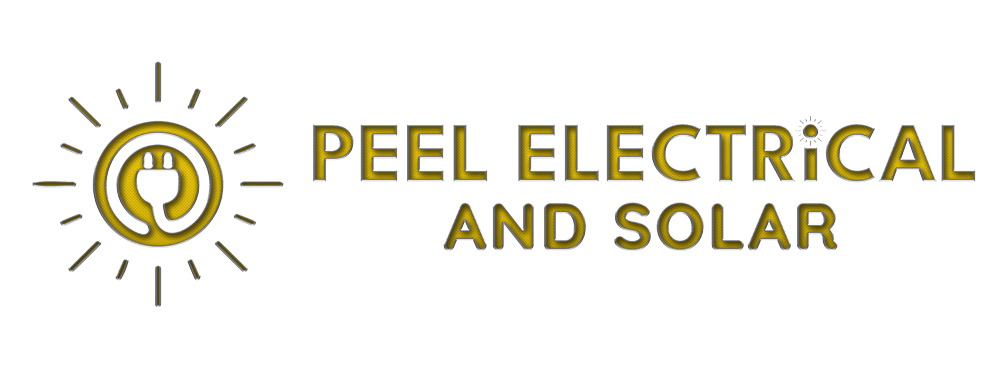Harnessing the sun’s energy with solar panels is fantastic, but what about storing that power for those cloudy days or nighttime use? That’s where solar batteries come in.
But with so many options on the market, choosing the “best” battery can be overwhelming.
Fear not, sun-powered friend! This guide explores the top contenders in 2024, analyzing their features, pros, cons, and suitability for your home.
Best Solar Panels
| Product Name |
|---|
| Tesla Powerwall 2 |
| SUNPOWER |
| BYD |
| SUNGROW |
Best Brand? Hold On…
While brands like Tesla, SunPower, BYD, and Sungrow are prominent, the “best” battery depends on your unique needs and budget. Let’s delve into each contender, highlighting their key features, pros, and cons:
Tesla Powerwall 2:
Features: High capacity (13.5kWh), sleek design, integrates with Tesla panels & home energy management system.
Pros: Well-known brand, good warranty, potential future software updates.
Cons: Relatively high cost, limited size options, requires Tesla ecosystem for maximum functionality.
SunPower SunVault:
Features: High efficiency, modular design (up to 18kWh), long warranty, integrates with SunPower panels.
Pros: Reliable brand, efficient technology, scalable capacity, warranty reflects quality.
Cons: Premium price, can be less readily available compared to other brands.
BYD Battery-Box Premium LFP:
Features: Lithium iron phosphate (LFP) chemistry for safety and longevity, multiple size options (5kWh-15kWh), modular design.
Pros: Safe and stable technology, good warranty, flexible capacity options, competitive pricing.
Cons: May be less efficient than some competitors, less established brand in some regions.
Sungrow PowerMax HEMS Li-ion Battery:
Features: Compact design, multiple size options (4.6kWh-9.2kWh), integrated inverter, smart energy management system.
Pros: Space-saving design, good value for money, built-in inverter simplifies installation, smart features.
Cons: May have shorter warranty compared to some competitors, brand recognition varies by region.
What is a Solar Battery?
Think of a solar battery as a supersized rechargeable battery for your home solar system.
It stores excess electricity generated by your panels, allowing you to use it whenever needed, even when the sun isn’t shining.
This translates to increased energy independence, reduced reliance on the grid, and potential cost savings.
Types of Solar Batteries
Lithium-ion (Li-ion): Most popular option, offering high efficiency, long lifespan, and compact size. However, they can be pricier.
Lead-acid: More affordable, but less efficient and shorter lifespan than Li-ion. Suitable for smaller systems or off-grid applications.
Flow batteries: Longer lifespan than Li-ion, but larger and more expensive. Ideal for large-scale energy storage.
Which Solar Battery Lasts Longest?
When considering longevity, lithium-ion batteries, particularly those with advanced chemistries like lithium iron phosphate (LiFePO4), tend to offer the longest lifespan.
Brands like BYD and SUNPOWER are known for their durable and reliable battery solutions that can last for over a decade with proper maintenance.
Which Battery Is Best for Home?
The best solar battery for your home depends on various factors such as energy requirements, budget, available space, and compatibility with your existing solar system.
Tesla Powerwall 2 is popular for its cutting-edge technology and user-friendly features, making it an excellent choice for many homeowners.
However, other options like SUNPOWER, BYD, and SUNGROW also offer compelling features and may better suit specific needs.
Factors to Consider When Choosing a Solar Battery:
Capacity: Ensure the battery capacity meets your household’s energy needs, accounting for both daily usage and potential backup power requirements.
Efficiency: Look for batteries with high round-trip efficiency to minimize energy losses during charging and discharging.
Warranty: Consider the warranty period and terms offered by the manufacturer, as longer warranties provide added peace of mind.
Compatibility: Verify compatibility with your existing solar system and any additional components required for seamless integration.
Installation: Evaluate installation requirements, including space, mounting options, and professional installation costs.
Conclusion
Don’t rely solely on brand names. Consult qualified solar installers who can assess your specific needs and recommend the battery that best suits your unique situation.
With the right information and guidance, you can choose the perfect solar battery to power your home with confidence and enjoy the benefits of clean, sustainable energy.
Now it’s your turn.
Which Solar battery would you choose
And Why?
Let me know in Comments.
I would love to know
